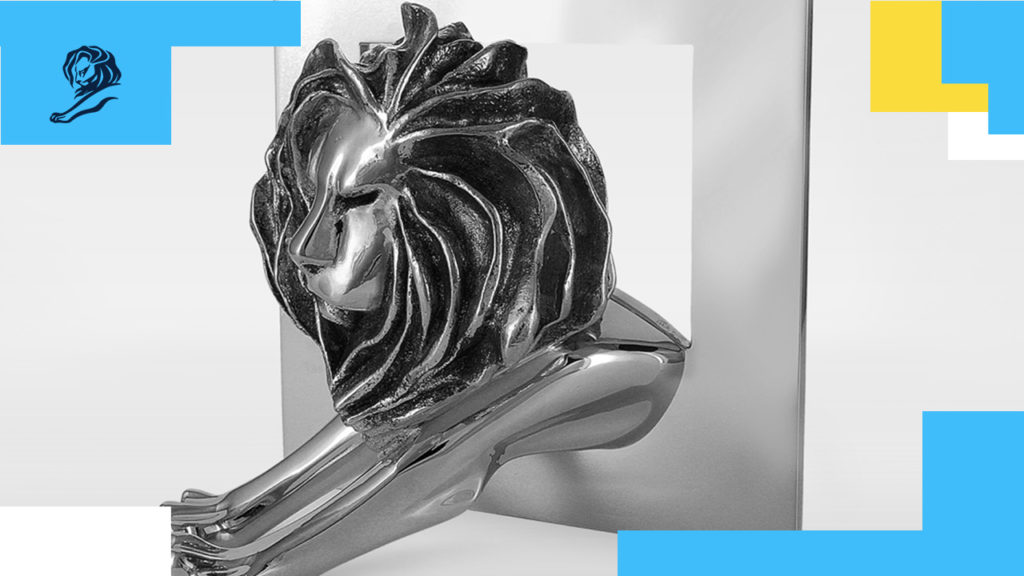Each year at Cannes Lions, the Entertainment Lions of Music is awarded to marketing teams for outstanding creative collaborations and original music content. This year’s jury president for the category is Lori Feldman, Warner Bros. Records executive vice president of strategic marketing. Feldman joined AListDaily to share insights into what makes a winner and why music is more important now than ever.
This year is the first time Feldman will serve as a jury president. She has attended Cannes “three or four times” and served as a juror in 2017, which serves as her best Cannes Lions memory to date.
“I had the most amazing experience with just fantastic people from all over the world studying the best work of the year,” said Feldman. “And it was the best work of the year—some of it was just extraordinary. I had the best time doing that.”
Can you tell us a bit about the voting process?
The beauty of this particular festival is that you have a global community entering and judging. Everybody comes at it from their own unique cultural lens and that’s where a lot of the debate comes in. The person from Germany is going to look at something differently than I will, as will the guy from Japan and the woman from London, for example. That’s where the debate comes through, especially when the work is not necessarily from an English-speaking country and we have to figure out what it all means. So much comes together by having this rich tapestry of human beings in the room.
How does your experience inform your judging and voting?
As an experienced marketer, I feel like I can look at things with a more educated eye. I’m not seeing anything we haven’t seen before, necessarily, but to be able to take marketing strategies and tactics we’ve seen before and turn them into something unique—that’s really special.
Do you consider marketing to be art?
Yes [it is art]. That’s actually one of the things I look for—does it move me just like a movie would or incredible music video? How does it make me feel? Do I think about it when I call it a day or when I wake up in the morning? That is definitely what I experience.
How has the nature of your work changed in the last five years?
The nature of my work hasn’t changed, how my team and I do what we do changes daily (laughs). As new platforms emerge and technologies arise, AR and VR become more important, AI is now something that’s compensated and utilized in music creation . . . I would say that every day is almost a different world when we come into work.
What do you think the future of partnerships between music and brands will be?
I see brands paying a lot of attention to niche audiences [and] developing artists because those niche audiences are really so remarkably engaged. There are many more artists to choose from when you’re not looking at superstars. Superstars are amazing and absolutely have their place and demand the highest fees, but it’s these developing acts and their audiences that spread the word every day. I think there’s a lot more investment in that area, I think it’s really exciting.
What is music’s place in our lives in 2018?
Music is remarkably important in every facet of our lives whether we know it or not. Music changes our mood and absolutely affects us wherever we are—it’s played everywhere whether it’s a song you know or background score you’ve never heard before. The proliferation of streaming music across the globe has made more listening for more hours by more people than ever before in the history of music. There’s nothing more relevant than music in culture and it’s actually upped its level of importance because of technology leading the way.

